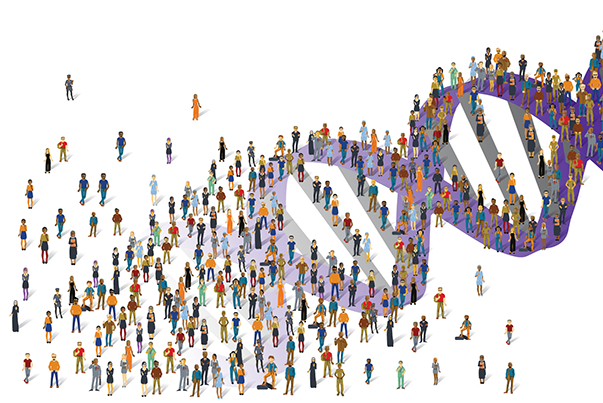Genomics: Insights
Genomics: Insights
Write about Genomics & Society
The National Human Genome Research Institute has partnered with the Smithsonian to provide an online digital publication. Genomics: Insights allows highschoolers, college students and postdoctoral trainees to submit scientific writing about genomics and society for the opportunity to be reviewed by researchers at academic institutions.


Submit your article
Submission Guidelines for Research Reviews
Submissions must follow these guidelines and should be between 500 - 1500 words, including a maximum of two figures or tables created by the author.
Submission deadlines
There will be two submission cycles for the upcoming year. November 1, 2024 will be the deadline for the first review cycle and March 7, 2025 will be the deadline for the second cycle.
Who is eligible to submit
High School students, Post-Baccalaureate students, Undergraduate and Graduate students, and Postdoctoral trainees.
We encourage submissions from a team of two to three co-authors from the same institution. If authors are high school students, we also encourage them to get feedback from a high school or external academic mentor.
Who will review
Submissions that meet the guidelines will be reviewed by researchers from academic institutions such as MIT, Harvard, Stanford, Yale, the California Institute of Technology, Johns Hopkins University, National Institutes of Health and the industry.
What to submit
Topics should connect genomics to society. Some examples include:
- Interplay of genomics and environment in health and well being
- Genome editing tools and their role in medicine and biotechnology
- Role of machine learning in predicting risk of disease outcome and severity
Submission form access
FAQ
Who to contact
Editor in Chief, Dr. Balakrishnan Selvakumar
bselvakumar@polytechnic.org